Search Definitions
Browse Content (p. 229)
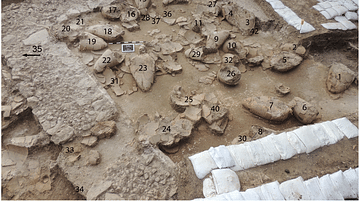
Definition
Tel Kabri
Tel Kabri is an archaeological site in the Western Galilee in northwestern Israel and the location of one of the largest palaces in Canaan in the Middle Bronze Age or "MB" (c. 2,000–1,500 BCE), the period in which Tel Kabri was at the height...

Definition
Gupta Empire
The Gupta Empire stretched across northern, central and parts of southern India between c. 320 and 550 CE. The period is noted for its achievements in the arts, architecture, sciences, religion, and philosophy. Chandragupta I (320 – 335 CE...

Definition
Euclid
Euclid of Alexandria (lived c. 300 BCE) systematized ancient Greek and Near Eastern mathematics and geometry. He wrote The Elements, the most widely used mathematics and geometry textbook in history. Older books sometimes confuse him with...
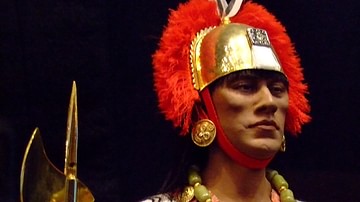
Definition
Inca Government
The centre of Inca power was the capital Cuzco, considered the navel of the world. 40,000 Incas governed an empire of over 10 million subjects who spoke over 30 different languages. Consequently, the centralised government employed a vast...
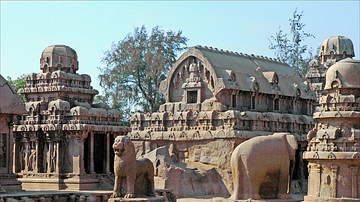
Definition
Mahabalipuram
Mahabalipuram or Mamallapuram is a historic city and UNESCO World Heritage site in Tamil Nadu, India. During the reign of the Pallava dynasty, between the 3rd century CE and 7th century CE, it became an important centre of art, architecture...
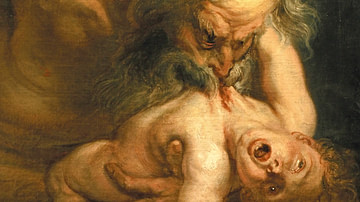
Definition
Saturn
Saturn (Saturnus) was a Roman god with a similar history to Cronus from Greek mythology. Often depicted in art wielding a scythe he was considered an agricultural god, especially associated with seed-corn. The Saturnalia festival, named after...
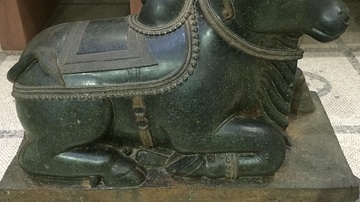
Definition
Nandi
Nandi (also Nandin) is the sacred bull calf, gatekeeper, and vehicle (vahana) of the Hindu god Shiva. Sculptures of Nandi are a common sight at Hindu temples dedicated to his master, and he is partly responsible for the Hindu reverence for...
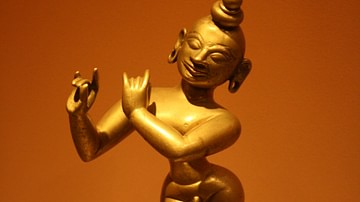
Definition
Krishna
Krishna (Krsna or Hari Krishna) is a major god of the Hindu pantheon and considered the eighth incarnation of Vishnu. He is perhaps the most popular of all the heroes of Hindu mythology. Krishna's adventures appear in the Mahabharata, Bhagavad...
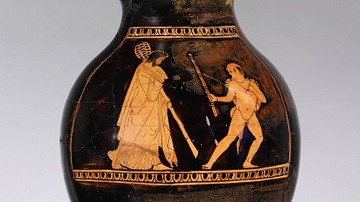
Definition
The Anthesteria
The Anthesteria celebrated two seemingly disparate things: wine and the dead. Both Dionysos and Hermes Chthonios (Hermes of the Underworld) were celebrated as part of this festival. In many ways, the Anthesteria is similar to our modern Halloween...
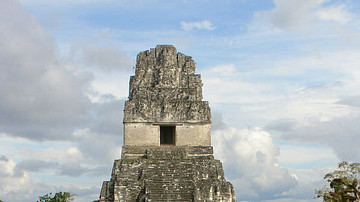
Definition
Maya Architecture
Maya architecture is best characterized by the soaring pyramid temples and ornate palaces which were built in all Maya centres across Mesoamerica from El Tajin in the north to Copan in the south. The Maya civilization was formed of independent...